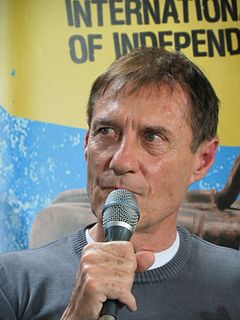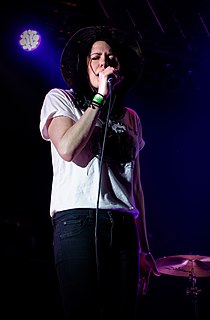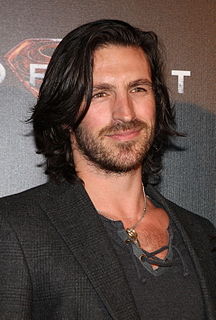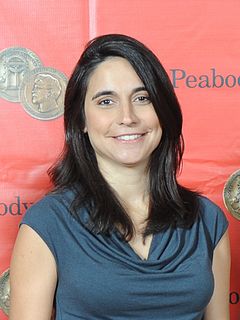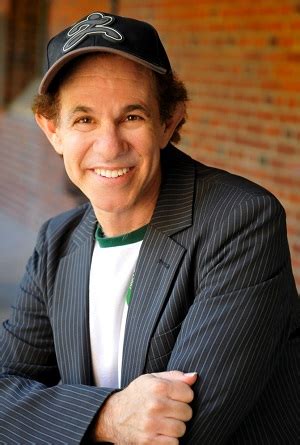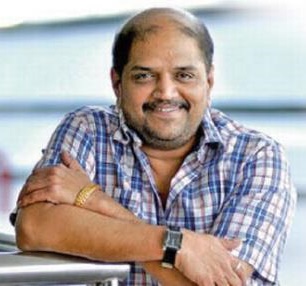A Quote by Drake Doremus
Music is such an integral part of a film and really drives the emotional narrative, it has to be integrated from the beginning.
Related Quotes
When I was growing up, I wasn't in bands, and had really no intention of ever doing music. I went out to California for college, and kind of on a whim started making music really as a joke, and over the course of the next five years started playing a lot of shows, and music became this really integral part of my identity.
Every part of it is important; the film comes alive when you edit it, the film comes alive when you write it, the film comes alive when you act it, and the same with the directing. They're all the most important part at the time and that's why I enjoy doing it, because you're creating a story and every part is a very integral part of it.
There's some ambient music that doesn't do anything. I wouldn't say that that's narrative. It is narrative in that it creates a sort of world where nothing happens, where really nothing happens, so you become a different person after hearing eight minutes of exactly the same thing. Yes, I hear music all the time in which one idea is strung together to another idea, and I feel that such music is non-narrative.
Tone is an interesting question because part of the inspiration of looking to song is that Geisel himself - when you think about his animated version of The Grinch - embraced the idea of using songs in unconventional ways, as part of conveying a narrative. The use of music, in this film, is very unconventional, which I love.
There's this really amazing quote from Jim Jarmusch about celebrating your theft that I think has become more and more prominent in music: "It's not where you got it from, it's where you take it." To me, that's just an integral part of why I even bother making music. I don't mind that I've created an identity around what I do.
The Limits Of Control is not surrealism, but it is an experiment in which expectations are deliberately removed: expectations for narrative form, for action in a film, for certain emotional content. We wanted to remove those things and see if we could still make a film that was a beautiful film experience, with deliberately removing things many people would expect.
There was no actually stock footage in "Medium Cool." I wrote the script. I wrote the riots. And I integrated the actors in the film in the park during the demonstrations. But nowhere was it like we had stock footage and then later, in editing, integrated it into the film. It was all done at the time.

